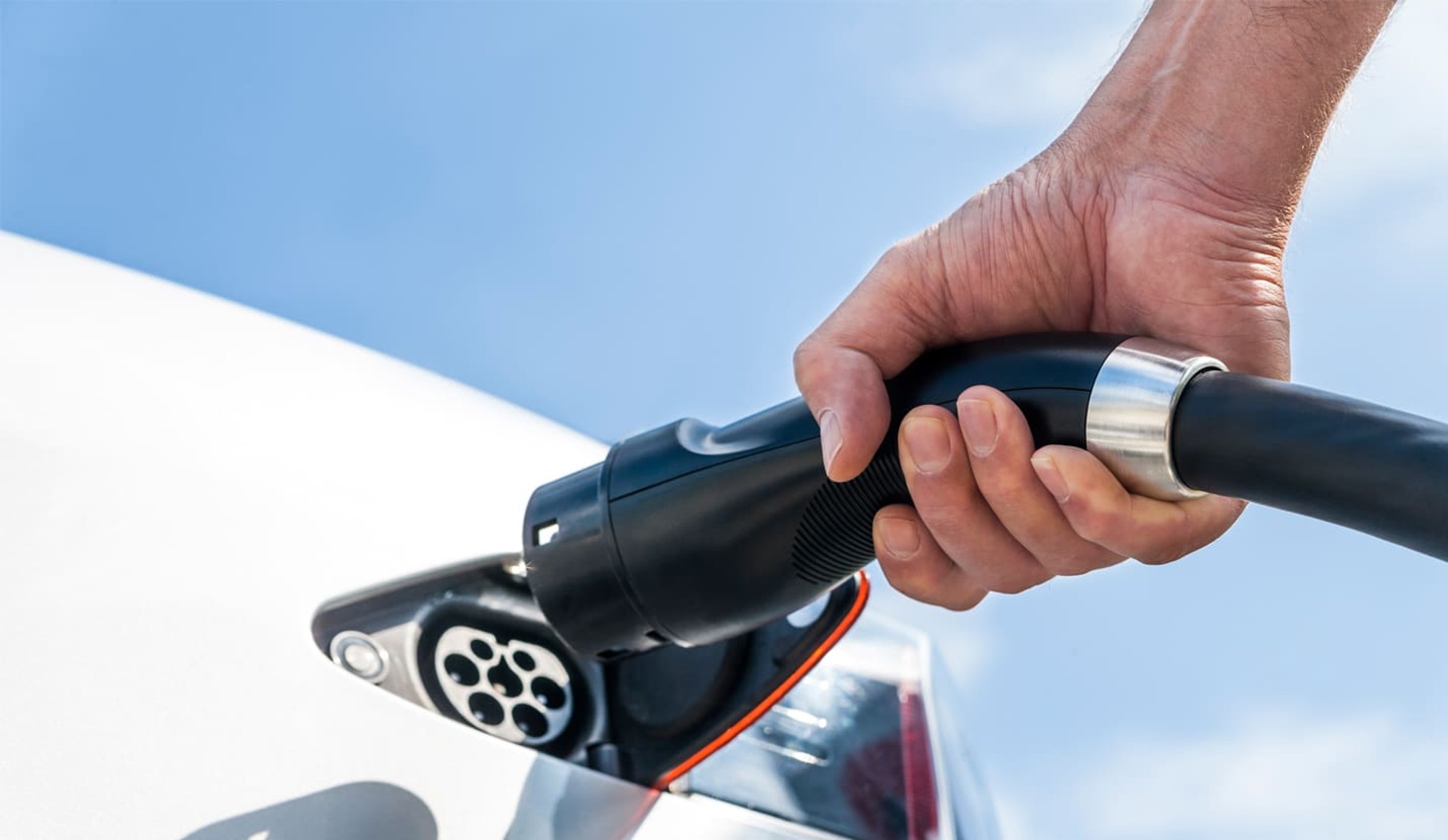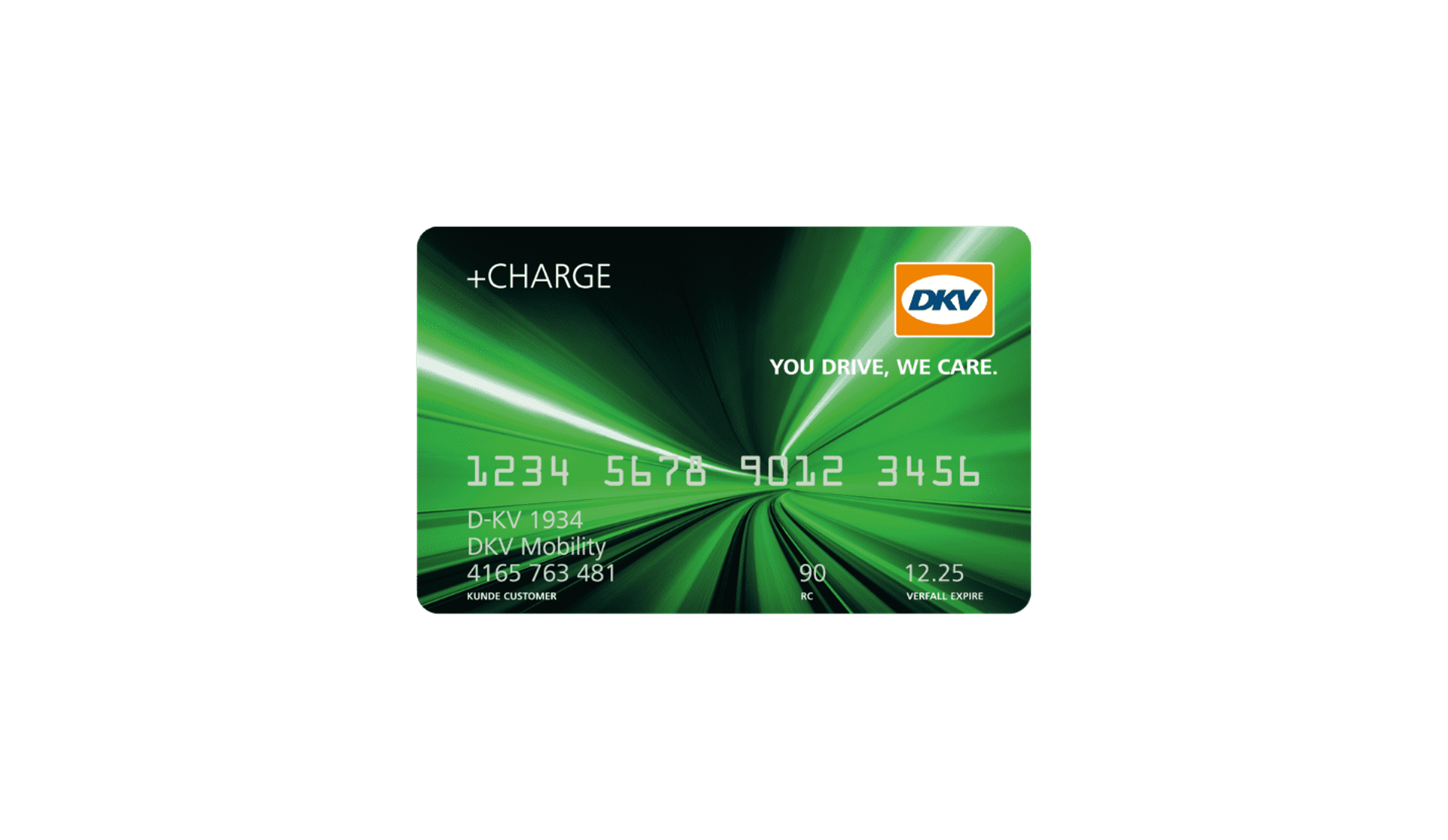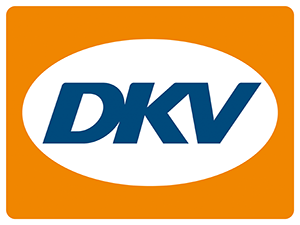One card for one greener planet

DKV Mobility continues to look for more and more ways to live up to the promise: “You drive, we care.” Over the last few years, the company has recognized the growing importance of the electric vehicle in customer fleets. It has responded by ensuring that existing and future customers can continue to use services by offering a comprehensive network of charge points throughout all of Europe.
Neil White (Sales Team Manager UK & Ireland, DKV Mobility) and Stefan van Oorschot, (Supplier Country Manager e-Mobility Benelux, UK & Ireland) form an important part of the DKV Mobility’s UK and Ireland e-mobility team. With deadlines to transition to green fuel approaching rapidly, this duo is on a mission to get both the infrastructure in place and fleet manager onboard. Neil and Stefan’s collaboration is essential as the expansion of charging networks and the adoption of electric fleets depend heavily on each other.
The transportation industry’s role in combating climate change
DKV Mobility is especially committed to its role as a facilitator of the energy transition, with an understanding of the important role that road transportation plays in the worldwide battle against climate change. “Road transport remains the most important means of getting goods from one place to another. That is not likely to change any time soon,” says Neil. “So it’s imperative, really, that the sector takes the necessary steps towards cleaner emissions.”

Stefan also notes that large companies often make a rapid shift to green energy, which represents a huge opportunity to reduce carbon emissions. In order to ensure these opportunities are not missed, Stefan explains that, “if companies actually decide to make the transition, the infrastructure should be ready for it.”
Challenges to the green energy transition
As the world increasingly transitions to green fuel, DKV Mobility aims to provide a comprehensive charging network, supported by the DKV Card +Charge and the DKV Mobility App. The challenges to this transition are twofold: the expansion of infrastructure and the adoption by customers.
When it comes to infrastructure, the UK and Ireland have a long way to go in order to meet the growing demand for electric vehicles. According to Stefan’s research, by 2030 experts project that the UK and Ireland would need approximately two million charge points to support the growing demand for electric vehicles. At the beginning of 2023, the region doesn’t yet have even 10% of the infrastructure that researchers already anticipate.
This immediately connects to the fears that fleet managers express to Neil when it comes to making the transition to electric fleets. Managers worry that an electric fleet will cause inefficiencies if drivers have to divert far to reach the next charge point and/or disruptions if charge points aren’t working properly.
In order for DKV Mobility to achieve its goal to support all current and future customers in the UK and Ireland in the transition to green fuel, Neil and Stefan must work together to overcome these challenges to create synergy between customers and infrastructure.
In short, the infrastructure needs to be in place for companies and individuals to feel comfortable making the switch to green fuel. At the same time, charge point providers need increased customer demand to have incentive to expand their infrastructure.
Simultaneous solutions for a greener future
But how do Neil and Stefan tackle such a complex set of challenges with many moving parts? Together, of course.
Neil focuses on providing fleet managers confidence in DKV Mobility’s e-mobility solutions, including the DKV Card +Charge, which is a single card that works the same as traditional fuel cards that fleet managers and drivers are familiar with. As Neil puts it, “that one piece of plastic will give them access to thousands of charge points currently, and it’s growing all the time across the country.”
Neil continues, “Now it comes down to the customers having the confidence to know that they can make the switch and the infrastructure and the network is there for them to make a very smooth transition.” Neil shares the message that by using the DKV Card +Charge and DKV Mobility App, fleet managers can continue to manage and control their costs the same way as always while also drastically reducing the carbon footprint of their fleet. The flexibility of the DKV Card +Charge provides even more advantages, as drivers of fully electric, hybrid, and traditional vehicles can all pay with the same card.
At the same time, Stefan conducts roaming partnerships with charge point operators within the region. Charge point operators in the UK and Ireland are more reluctant to open up their network to service providers such as DKV Mobility. For that reason, Stefan’s task of convincing charge point operators to let go of their exclusive model and also accept the DKV Card +Charge is crucial.
Neil and Stefan are both especially proud of the rapid growth of the charging network in the UK and Ireland. In less than a year, Stefan has more than quadrupled the region’s e-mobility charge point network. This expansion naturally supports Neil’s mission of helping more DKV Mobility customers switch from traditional fuel to green energy. Stefan: "The recent announcement of our partnership with Connected Kerb, one of the UK's largest EV charge point operators, is an example of our achievements. This partnership has expanded our EV charge point network in the UK by around 2,500 public EV charge points. And, with the actual CPO network connection in place, our customers will automatically have access to every additional charger Connected Kerb installs. This is important, as Connected Kerb aims to deliver 190.000 chargepoints before 2030 – 63% of the UK government’s 300.000 chargepoint estimate.”
Neil and Stefan continue looking towards the future, and feel that their 2023 ambitions for e-mobility in the region “would put DKV Mobility in a very strong position moving forward.”
